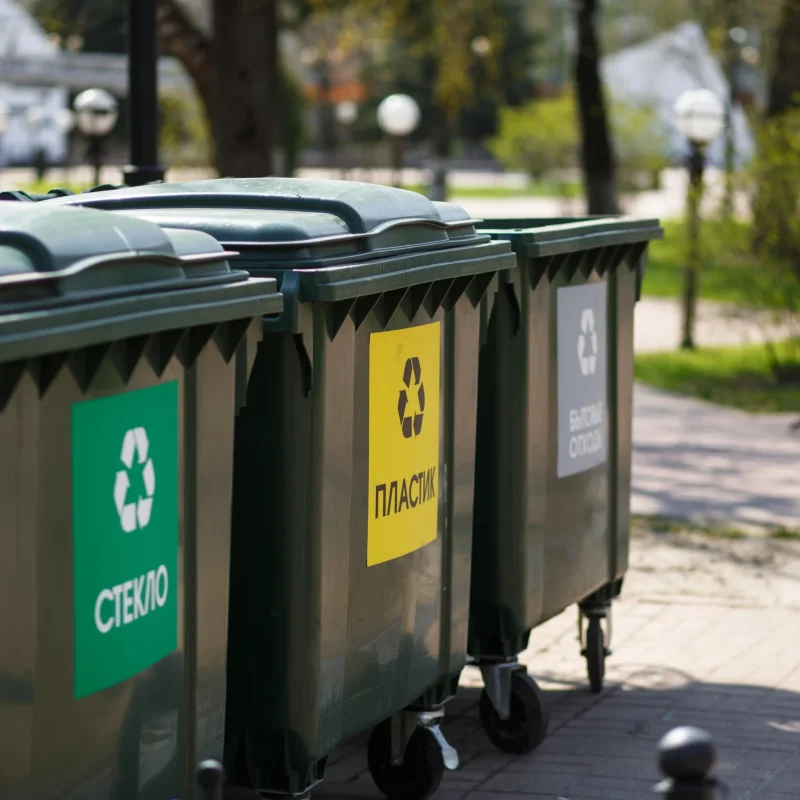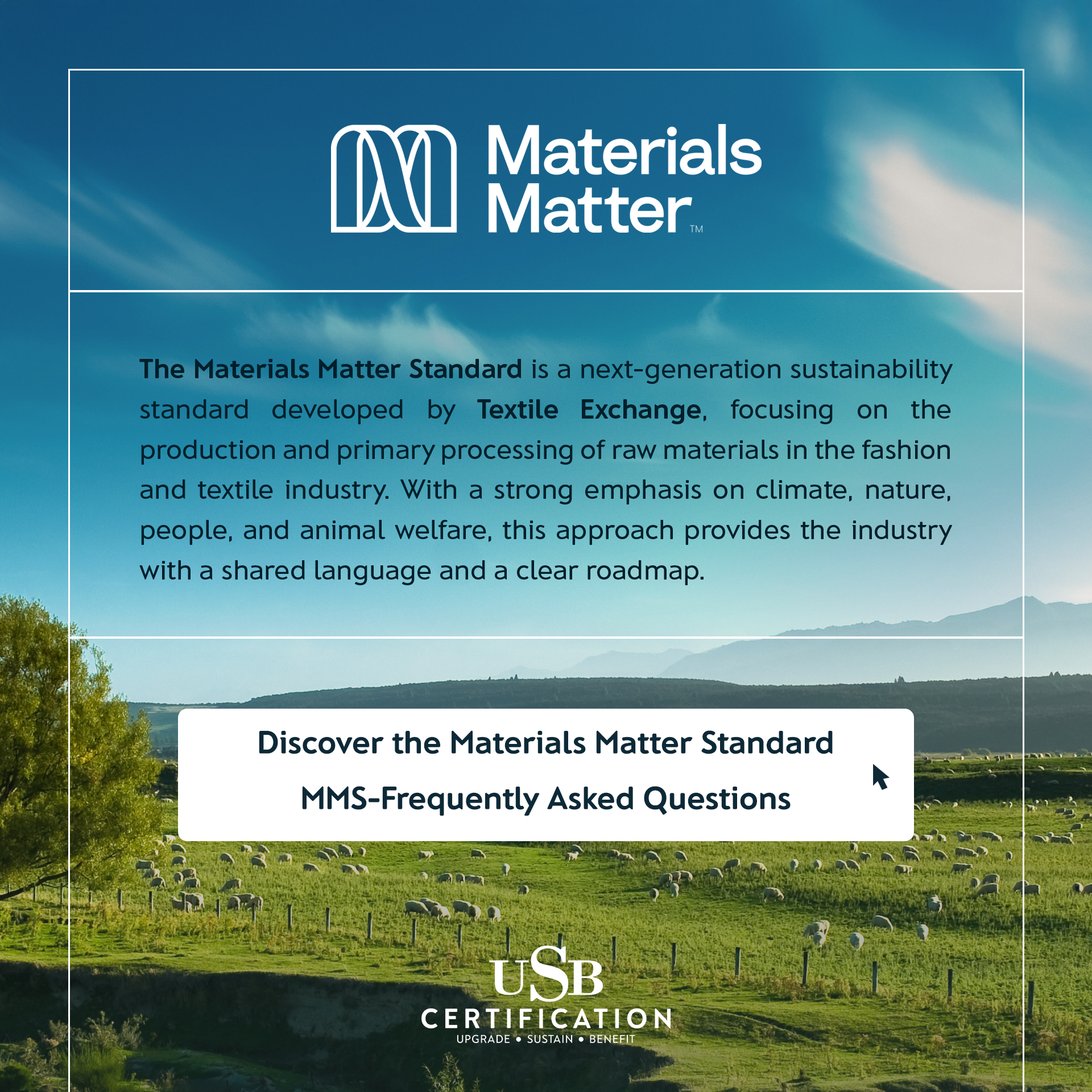The environmental technologies sector encompasses technologies designed for the conservation of natural resources, reduction of environmental pollution, and support of sustainable development. This sector covers many subcategories, including:
- Waste Management and Recycling: Solid waste management, hazardous waste treatment, recycling processes, and waste reduction technologies fall into this category.
- Water and Wastewater Treatment: Technologies related to drinking water treatment, wastewater treatment, water reclamation, and desalination of seawater belong to this field.
- Air and Emission Control: This category includes technologies for reducing air pollution, controlling greenhouse gas emissions, air filtration systems, and emission reduction technologies.
- Renewable Energy: Technologies related to renewable energy sources such as solar power, wind power, biomass, hydropower, and geothermal energy.
- Energy Efficiency: Technologies and solutions aimed at more efficient energy use, building automation systems, energy-efficient lighting, and heating systems.
- Sustainable Agriculture and Forestry Management: Environmentally friendly agricultural techniques, sustainable forestry practices, and organic farming.
- Eco-friendly Materials and Products: Biodegradable materials, eco-friendly packaging, and sustainable production processes.
- Nature Conservation and Biodiversity: Conservation of natural habitats, species protection, and ecosystem restoration.
The environmental technologies sector is growing with government policies, international agreements (e.g., the Paris Climate Agreement), and an increasing public awareness of environmental issues. The sector plays a significant role by offering innovative solutions that support both ecological and economic sustainability.


Certification in the environmental technologies sector plays a vital role in verifying the compliance of both products and processes with environmental standards. Certification processes provide independent and objective assessments for companies and products in terms of reducing environmental impacts, optimizing energy and resource use, and adopting sustainable practices. These certifications demonstrate compliance with environmental laws and regulations and help companies achieve their sustainability goals. They are also important for enhancing environmental awareness and responsibility among companies, providing a competitive advantage, and expanding market access.
Certification in the sector builds trust among consumers and business partners and contributes to the promotion of eco-friendly practices. As consumers become increasingly aware and sensitive to environmental issues, certified products and services begin to be preferred. This makes it imperative for companies to comply with environmental standards to remain viable and competitive in the market. Furthermore, companies with sustainable and eco-friendly business practices become more attractive to investors and financiers. Thus, certification in the environmental technologies sector becomes an important tool that combines economic growth with environmental sustainability.

